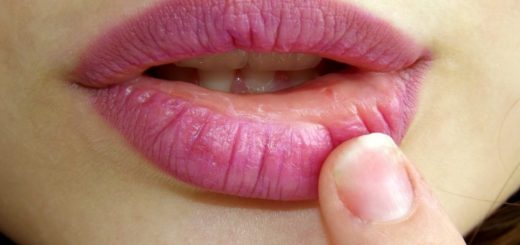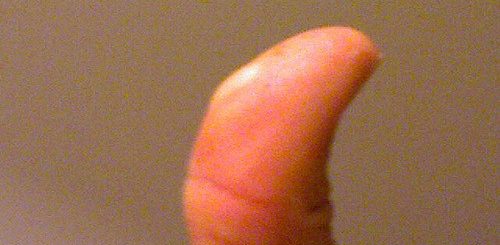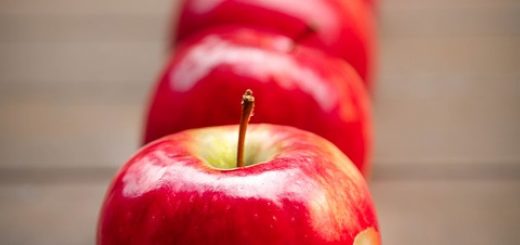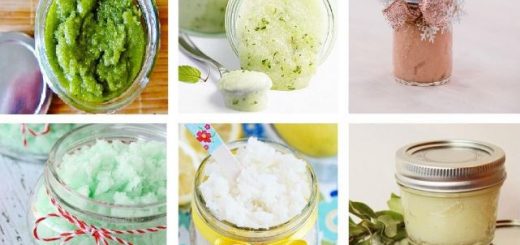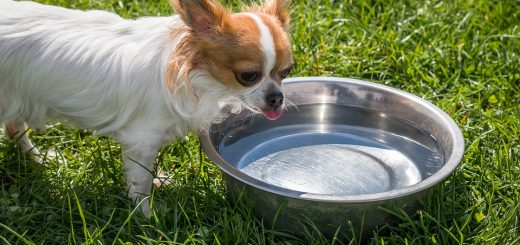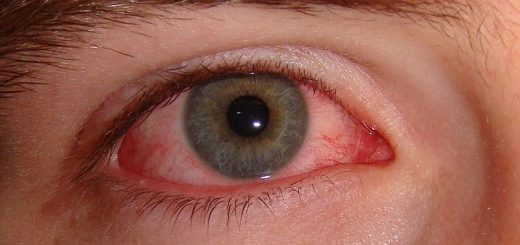21 Home Remedies to Prevent HIV and Treat its Symptoms
HIV is a sexually transmitted disease which affects the immune system and can significantly decrease your life expectancy if left unmanaged. There’s currently no cure for HIV which means that prevention is far better than trying to manage your symptoms. That’s why we’ve created this article about home remedies to prevent HIV and treat its symptoms.
If you are diagnosed with HIV you should speak to your doctor about medical treatment as herbal or home remedies alone won’t be enough to treat your condition fully, but there are remedies that can help reduce your symptoms, side effects of treatment, and slow down the progression of the disease, helping you to live a longer, healthier life.
Home Remedies to Prevent HIV or Manage the Symptoms
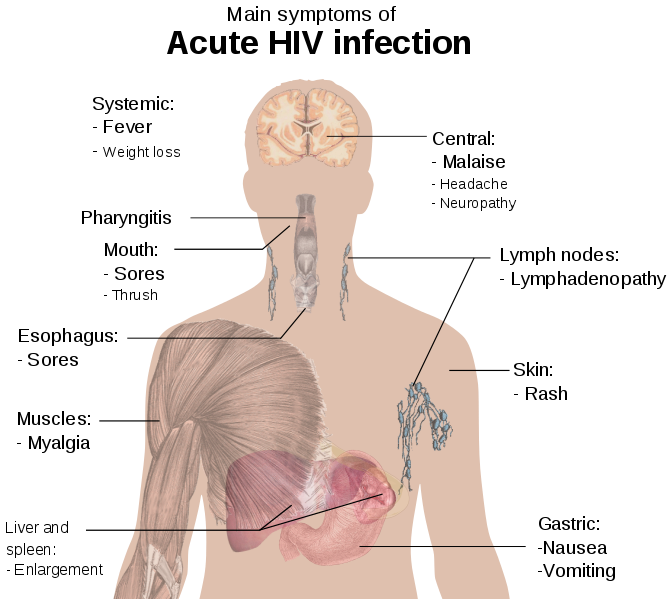
These are some of the most common symptoms of HIV
-
Eat a Healthy Diet
Eating a balanced diet of plenty of fresh fruits, vegetables, whole grains, and lean protein is the best way to help keep your immune system strong. The more you can support your immune system, the more you’ll reduce your HIV symptoms.
-
Avoid Raw Meat, Eggs, and Fish
Food-related illnesses, like food poisoning, can especially potent in people with HIV. To reduce your risk of contracting a food-related sickness, avoid undercooked meats, raw fish or seafood. You should also try to avoid eggs if you can as these also carry a higher risk of food poisoning.
-
Take Care with Animals
Some animals can carry parasites which could potentially lead to infections in people with HIV. You should make sure you wash your hands thoroughly after handling any pets or cleaning litter trays.
-
Whey Protein
Whey protein is a cheese byproduct. Recent studies seem to suggest that it can help to reduce diarrhea – a common side effect of HIV treatment. It can also help people suffering from HIV gain weight, which is otherwise difficult to maintain for people with HIV.
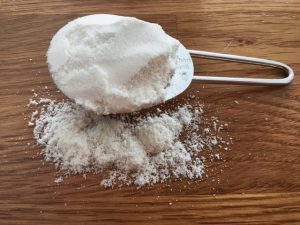
Whey protein can be added to smoothies and other drinks to add more protein to your diet
-
Avoid High-Risk Behaviors
Avoiding risk behaviors such as unprotected sex or sharing needles are key to the prevention of HIV. The disease is spread through bodily fluids so you should also take care when tending to any injuries of someone infected with HIV.
-
Bananas
A study from the University of Michigan, suggests that Ban Lec, a concentrated extract of banana lectins, could one day be used to help treat HIV. Lectins bind to sugars, and as the HIV virus contains large portions of sugar, the lectins in bananas could prohibit the replication of the virus. The evidence is still only very minimal and doesn’t mean that eating bananas will help treat your HIV, though it won’t hurt to eat one a day.
-
Lean Protein
Our bodies need lean proteins to build muscles and maintain a strong immune system. Lean beef, poultry, fish, and eggs. Nuts are also a great source. Including these regularly into your diet can help to boost your immune system and counteract the HIV virus. It can also help you gain a little weight if you become underweight in the later stages.
-
Whole Grains
Whole grains are a great source of energy and when you’re suffering from HIV or undergoing treatment, fatigue is a common side effect. Brown rice and brown bread are types of whole grains that are packed full of fiber and vitamin B which help boost both your immune system and energy levels.
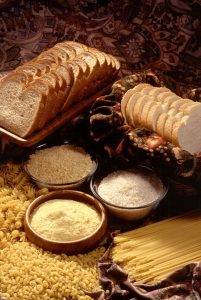
Opt for buying whole grain bread instead of white bread
-
Limit Your Sugar and Salt Intake
HIV can significantly increase your risk of heart disease both as an effect of the disease and the treatment. Too much sugar or salt can also heap added pressure on your heart so you should try to cut as much as you can out of your diet. Cutting around 10% out of your daily diet makes for a good start.
-
Have Healthy Fats in Moderation
Good fats are a great source of energy as well as a source of calories. This means if you’re trying to maintain some weight in the later stages of HIV you should try and include them into your diet – in moderation, of course. The best sources of good fats are nuts and avocado.
-
Stay Hydrated
Staying hydrated is a great home remedy for many things, and will help you manage your HIV symptoms. You should be getting between eight and ten glasses of water each day. This will make sure you get plenty of nutrients into your body and flush out any used medication to stop them building up. If you suffer from diarrhea or nausea as a result of your treatment you may find that you need to drink more to stay hydrated.
-
Eat the Right Amount of Calories
With HIV, one of the main symptoms of its later stages. But in the early stages, many people have the opposite problem. Being obese can also further weaken your immune system which will make your HIV symptoms worse. Make sure you get your recommended daily intake of calories to maintain a healthy weight as this will be a great way to manage your condition and help you stay healthier for longer. Your doctor may recommend a nutritional supplement if you have unwanted weight loss.
-
Rest
Resting is often the best way to let your body fight infections. That’s why rest makes a great home remedy for managing HIV symptoms or treatment side effect. This is a simple self-care method to effectively manage your symptoms.

Try sleeping for at least eight hours a night and take naps during the day if possible
-
Eat Little and Often
This particular home remedy helps to tackle nausea that can occur as a side effect of your treatment. Eating heavy meals can unsettle your stomach and worsen your nausea.
-
Weight-bearing Exercises
Osteoporosis is the thinning of your bones which often occurs as a side effect of HIV and its treatment. You can carry out gentle weight-bearing exercises to help stop your bones thinning or becoming brittle.
-
Yoga
Yoga is often recommended to people who are suffering from chronic pain. It’s also a great home remedy for depression or anxiety, both of which can occur as a symptom of HIV or a side effect of its treatment. Some studies have even shown that yoga can help to improve your levels of the immune cells that HIV attacks and damages.

If you are a beginner, try watching YouTube videos to learn how to do yoga from the comfort of your own home
-
Acupuncture
Acupuncture is another way you can manage nausea and other side effects of your treatment. The process involves placing very thin needles into pressure points throughout the body, releasing chemicals that help relieve the pain. As a result, it makes a great home remedy for managing the side effects of your treatment.
-
Meditation
Meditation is another great way to manage the depression that many people feel after being diagnosed with HIV. It also helps many people to cope with the stress of having a chronic illness.
-
Milk Thistle
Research has shown that the herb milk thistle can help improve liver function which is often damaged by HIV.
-
Vitamin D
Getting plenty of vitamin D is very important for maintaining proper bone health. As this can often deteriorate as a side effect of HIV treatment, getting plenty of vitamin D when you’re diagnosed is even more important. Increase your intake by getting more safe sun exposure or by eating more dairy.
-
Selenium
Increasing the selenium in your diet has been shown to slow the progression of HIV infections. You can boost your intake by eating more lean meats and poultry, legumes (like peas and beans) and nuts. Brazil nuts are particularly rich in the mineral.
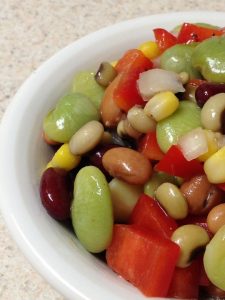
Most beans will have some amount of selenium
Outside of home remedies, getting immunized will help to boost your immune system’s ability to fight common illnesses like the flu. The flu can be very dangerous for people with weakened immune systems and HIV so getting immunized is very important. When you do get immunized make sure the vaccine doesn’t contain a live virus as this can be serious for people with a weakened immune system.
References
https://www.mayoclinic.org/diseases-conditions/hiv-aids/diagnosis-treatment/drc-20373531
https://medlineplus.gov/magazine/issues/summer09/articles/summer09pg13-15.html
https://www.foxnews.com/health/how-bananas-and-herbs-may-prevent-the-transmission-of-hiv
https://www.ncbi.nlm.nih.gov/pmc/articles/PMC1609406/
https://www.webmd.com/hiv-aids/features/hiv-what-to-eat#1
https://www.everydayhealth.com/hs/hiv-health/manage-hiv-treatment-side-effects/
https://www.healthline.com/health/hiv-aids/alternative-treatments

